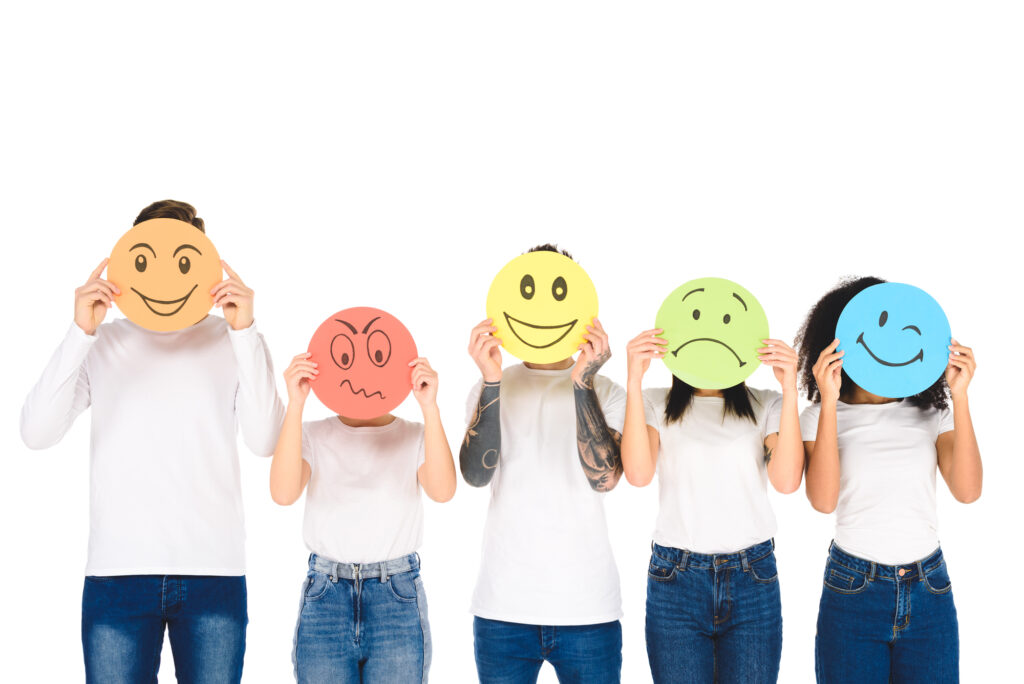EDITOR’S CORNER
Recently, Robin Grille and The Natural Child Project posted a compelling piece on the varied ways we overlook, downplay, demonize, and punish children’s attention-seeking behaviors and the emotions they’re doing their best to express. She writes:
“Time and time again children are heavily reprimanded for committing the offence of crying or being angry. Let’s get this straight: emotions are not bad behavior. Emotions don’t hurt anyone. Suppressing children’s emotions does, on the other hand, cause them harm.”
This article and others, including the latest research on the importance of playtime that I discussed in a recent Editor’s Corner, reminds me that we have as much to learn from children as they have to learn from us. Probably more. In some ways, growing up is a process of forgetting: Assuming the mantles of seriousness and responsibility that we associate with maturation, we deprioritize the free-range joys and emotional authenticity of childhood. We learn to control our feelings. Tamp down our desires. Strip back our playtime and focus on our goals,
Parents and teachers encourage this forgetting. So does society at large, even as it romanticizes the untamed creatures we once were–running barefoot through life before we learned to march in shoes. As grownups, we’re encouraged to keep such memories at a distance. We’re encouraged to tamp down our desires and quash our hardest emotions, which makes them harder still. (Variations in culture and family structures play a role, too, a point underscored in Ayurdhi Dhar’s fascinating MIA podcast interview with child psychologist Nandita Chaudhary.)
But kids are real. You know where you stand with them. You know how they feel about something, and you know when they hurt. Even when they’re fudging something, even when they fib, it’s not hard to figure out why—and not hard to see through them. The irony is that adults generally say they’re opposed to lying. Tell me the truth, they’ll say – but in the next breath, punish a kid for being too emotional.
Emotions are another form of truth, after all. Another mode of expressing it. With that in mind, urges Grille in her piece (which is worth reading in full):
“Instead of berating your child for feeling her feelings, give her the space to feel, and comfort and support her if she needs it. . . . When you truly want to hear, no special skill is needed. Your child senses your interest in the tone of your voice, in your body language and the look in your eyes. You know you have listened when you feel moved. You might feel compassion, protectiveness, you might feel some pain about your child’s hurts, pride or excitement about his achievements, or joy to meet his joy. Listening means letting yourself feel touched somehow, and being aware of the feelings that move through you.”
Let’s listen to our children, and to ourselves.
–Amy Biancolli, Family Editor
***
More from Mad in the Family
More Editor’s Corners














